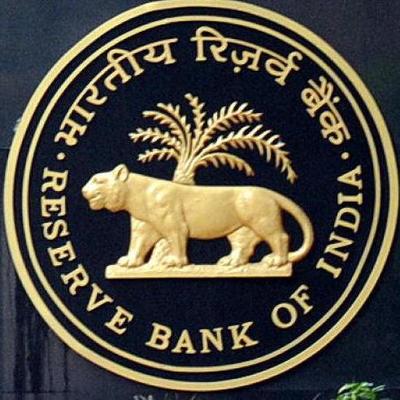RBI leaves repo rate unchanged at 6.50 per cent, reverse repo rate at 6.25 per cent
The Reserve Bank of India (RBI) in its fourth bi-monthly meet today left the repo rate unchanged at 6.50 per cent while the reverse repo rate remains at 6.25 per cent. The monetary policy stance has changed from neutral to ‘calibrated tightening’. The RBI stated that headline inflation is estimated to accelerate to 4.5% by March 2019 quarter with upside risks.
The central bank also stated in its policy document that FY19 GDP growth target remains unchanged at 7.4 per cent. CPI inflation is seen at 4 per cent in July-September and 3.9-4.5 per cent in October-March.
Following the RBI announcement, the rupee breaches 74-mark against US dollar for the first time. The rupee has been performing poorly for the past few months and the rise in repo rate is seen as an attempt by the RBI to curb further price fall. The rupee closed at 73.77 against the US dollar on Thursday.
On the effect of crop price rise, the RBI said that in September the government had announced measures aimed at ensuring remunerative prices to farmers for crops, but there’s still uncertainty about their exact impact on food prices.
The RBI said that oil prices “remain vulnerable to further upside pressures, especially if the response of oil-producing nations to supply disruptions from geopolitical tensions is not adequate.” It observed that the central government’s decision to cut excise duty on petrol and diesel will moderate retail inflation.
The RBI said that the volatility in stock markets continued to ‘impart uncertainty to the inflation outlook.’ The bank said, “The inflation outlook calls for a close vigil over the next few months, especially because the output gap has virtually closed and several upside risks persist.”
A sharp rise in input costs, combined with rising pricing power, poses the risk of retail prices for both goods and services being raised. The RBI noted that firms covered in its industrial outlook survey had reported input costs becoming firmer in Q2 of 2018-19 and Q3. But since global commodity prices other than oil have moderated, it should mitigate the adverse influence on input costs, the central bank observed.
The RBI said if there is a fiscal slippage at the Centre or state levels, it will have a bearing on the inflation outlook, besides heightening market volatility and crowding out private sector investment.
“Finally, the staggered impact of HRA revision by the state governments may push up headline inflation. While the MPC will look through the statistical impact of HRA revisions, there is need to be watchful for any second-round effects on inflation,” the central bank said.


Comments are closed.